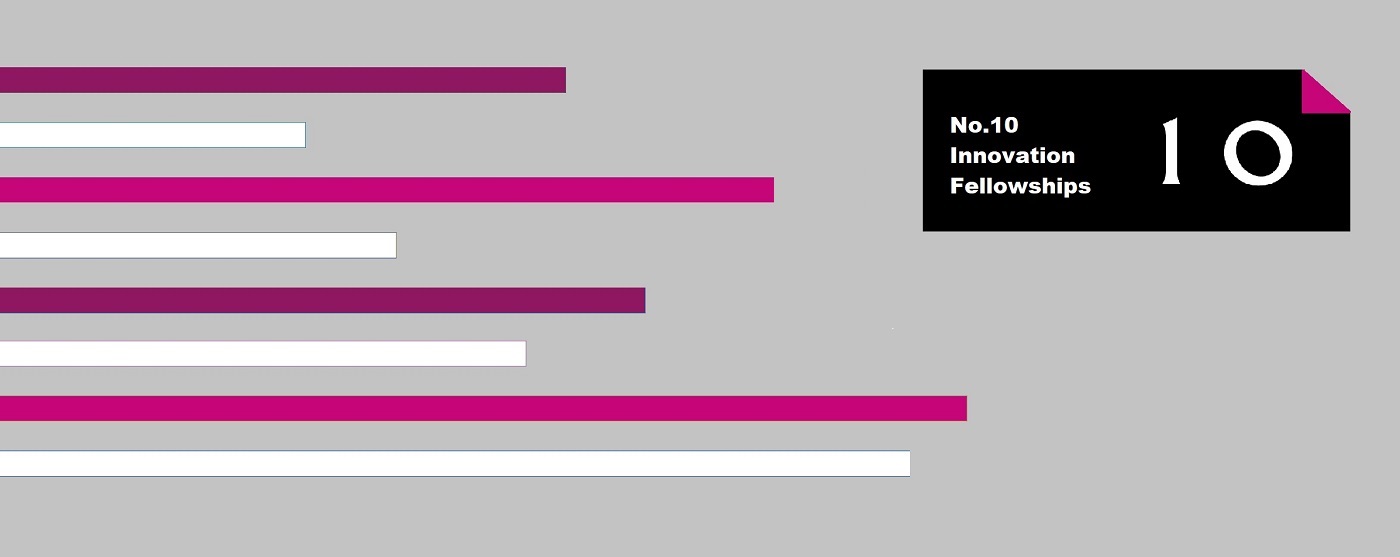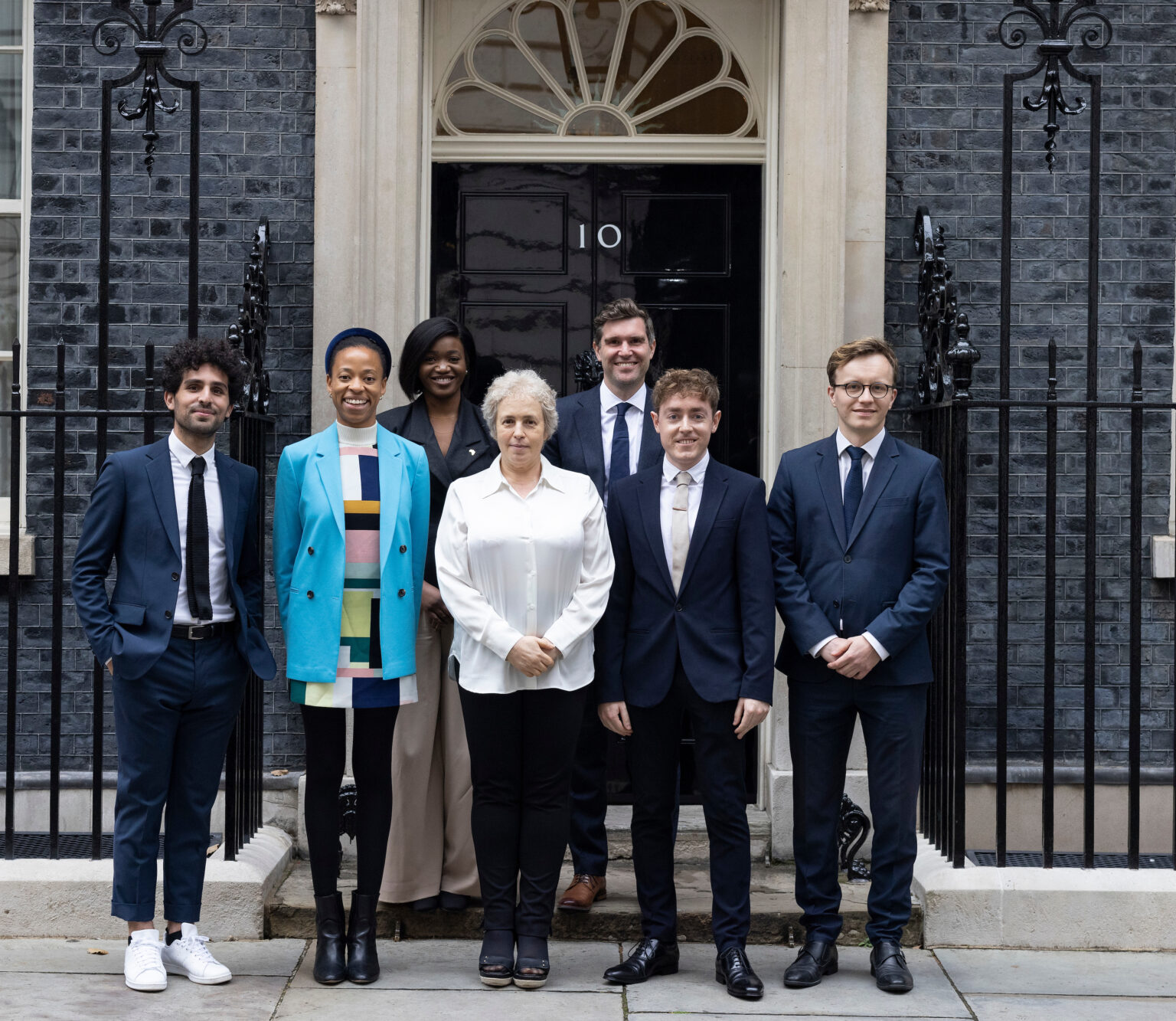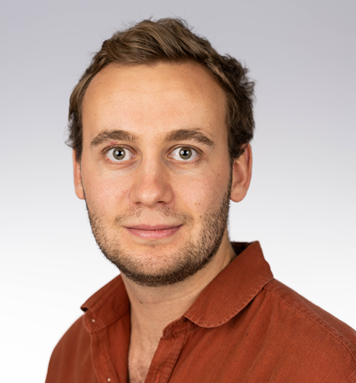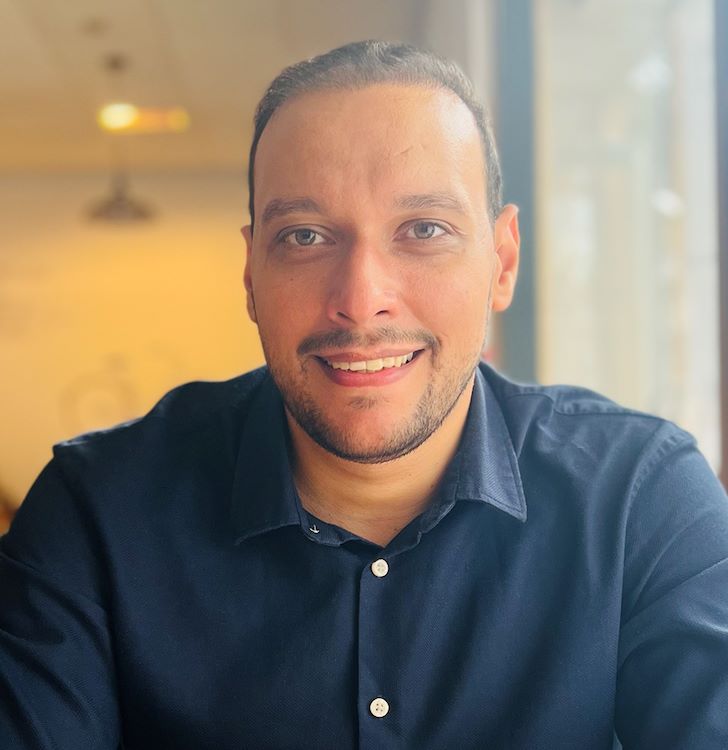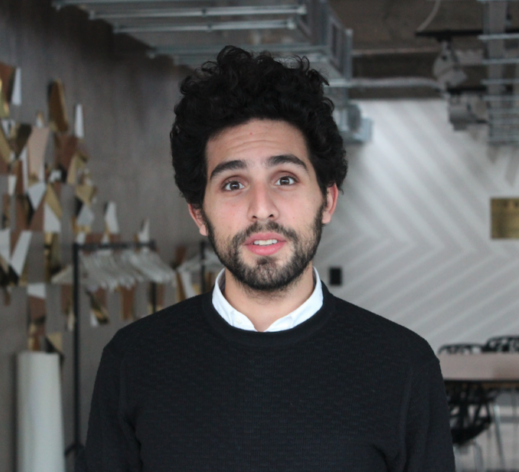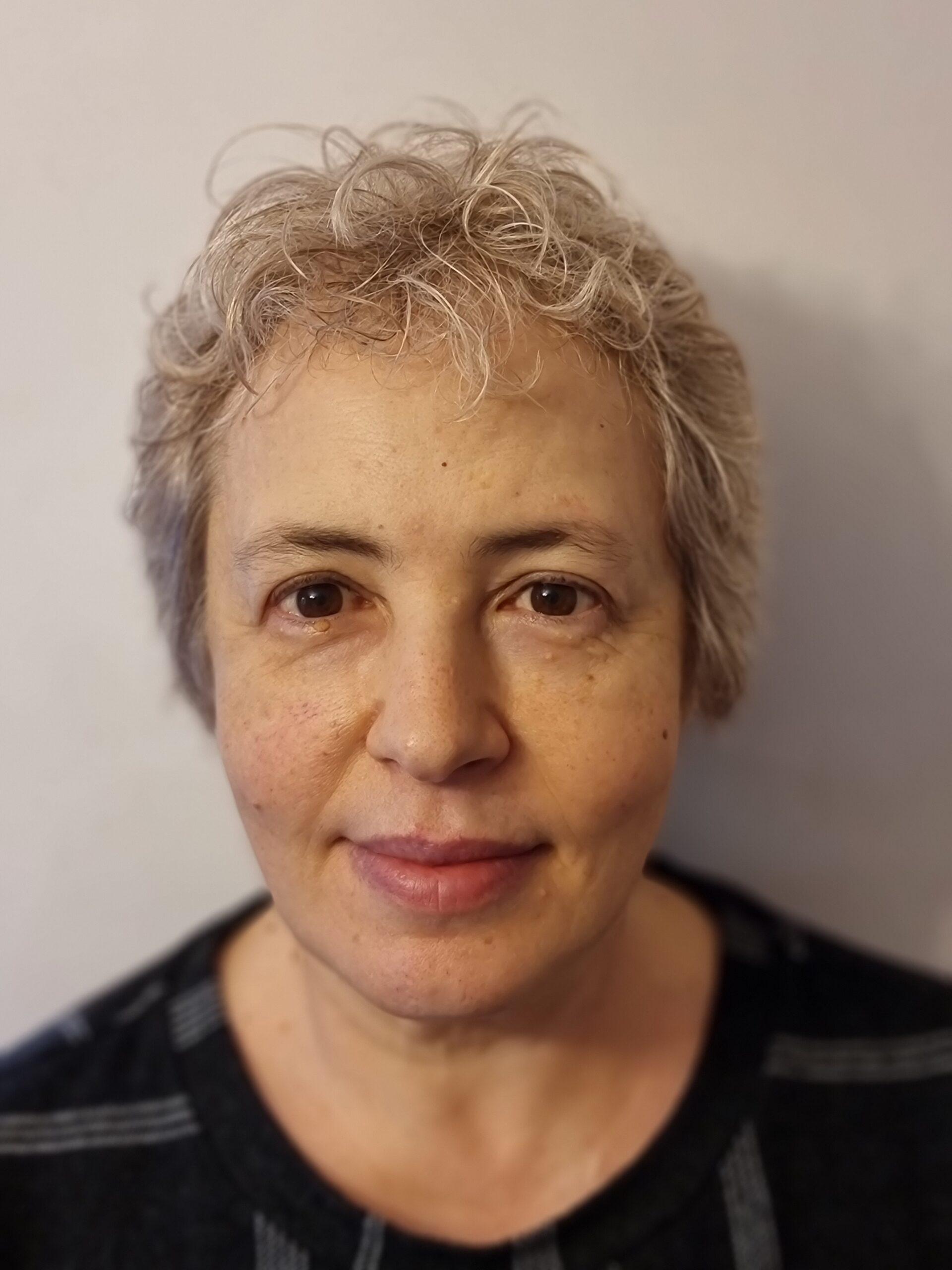Meet Our Fellows
Since launching, the No10 Innovation Fellowship has attracted 14 world class technologists in to government.
All of them have taken a break from successful careers in big tech, start-ups and academia to join us, with some even moving continents for the opportunity to do so.
Collectively, they have delivered high impact projects both for No10 as well as our partner including the AI Safety Institute, Incubator for Artificial Intelligence and Foreign, Commonwealth and Development Office.
Departments have found individual fellows to be “force multipliers”, not only improving government through the products and solutions they deliver, but improving others around them through the leadership, technical expertise and energy they bring with them.
